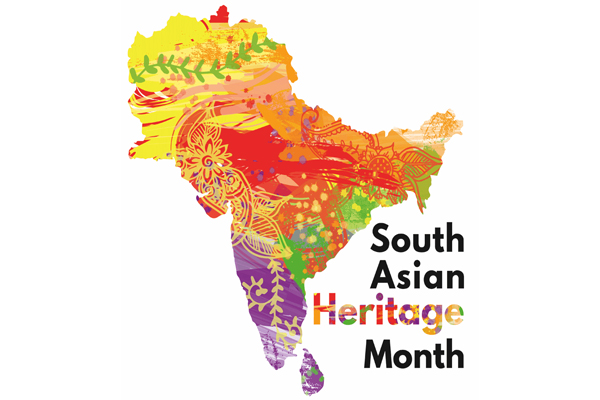Today marks the start of South Asian Heritage Month in the UK.
First celebrated in 2020 (running from 18th July to 17th August each year), the event aims to commemorate and celebrate South Asian cultures, histories and communities. Launched in the House of Commons in July 2019, the month-long event aims to create an open dialogue so people can better understand the diverse heritage in the UK.
THEME: JOURNEYS OF EMPIRE
The theme for this year’s event is ‘Journeys of Empire’. There are two major anniversaries taking place during the month. The first is the 75th anniversary of the independence of India and the partition of East and West Pakistan. The second is the 50th anniversary of the expulsion of Ugandan Asians.
The team at South Asian Heritage Month will be curating a full calendar of online events for South Asian Heritage Month 2022. They will highlight 31 events over 31 days, with specific focus days for each of the eight South Asia countries. They include Afghanistan, Bangladesh, Bhutan, India, Nepal, Pakistan, Maldives and Sri Lanka. Click here to find out more.
CELEBRATING SOUTH ASIAN CULTURE AT WORK
Many organisations will be participating in and supporting the event with their own activities. For example, the NHS has organised events over next four weeks to celebrate the month-long event.
“The NHS has a higher proportion of staff from South Asia than the wider economy. These staff made up 3.2% (41,888) of the NHS workforce in 2021,” shared Paul Deemer, Head of Diversity and Inclusion at NHS Employers. “South Asian Heritage Month is a fantastic opportunity to celebrate the contribution of South Asian communities to the NHS. There is a range of events taking place across the NHS. We encourage employers to showcase their events and to celebrate the work of South Asian communities in health and social care”.
Click here to find out more.







































